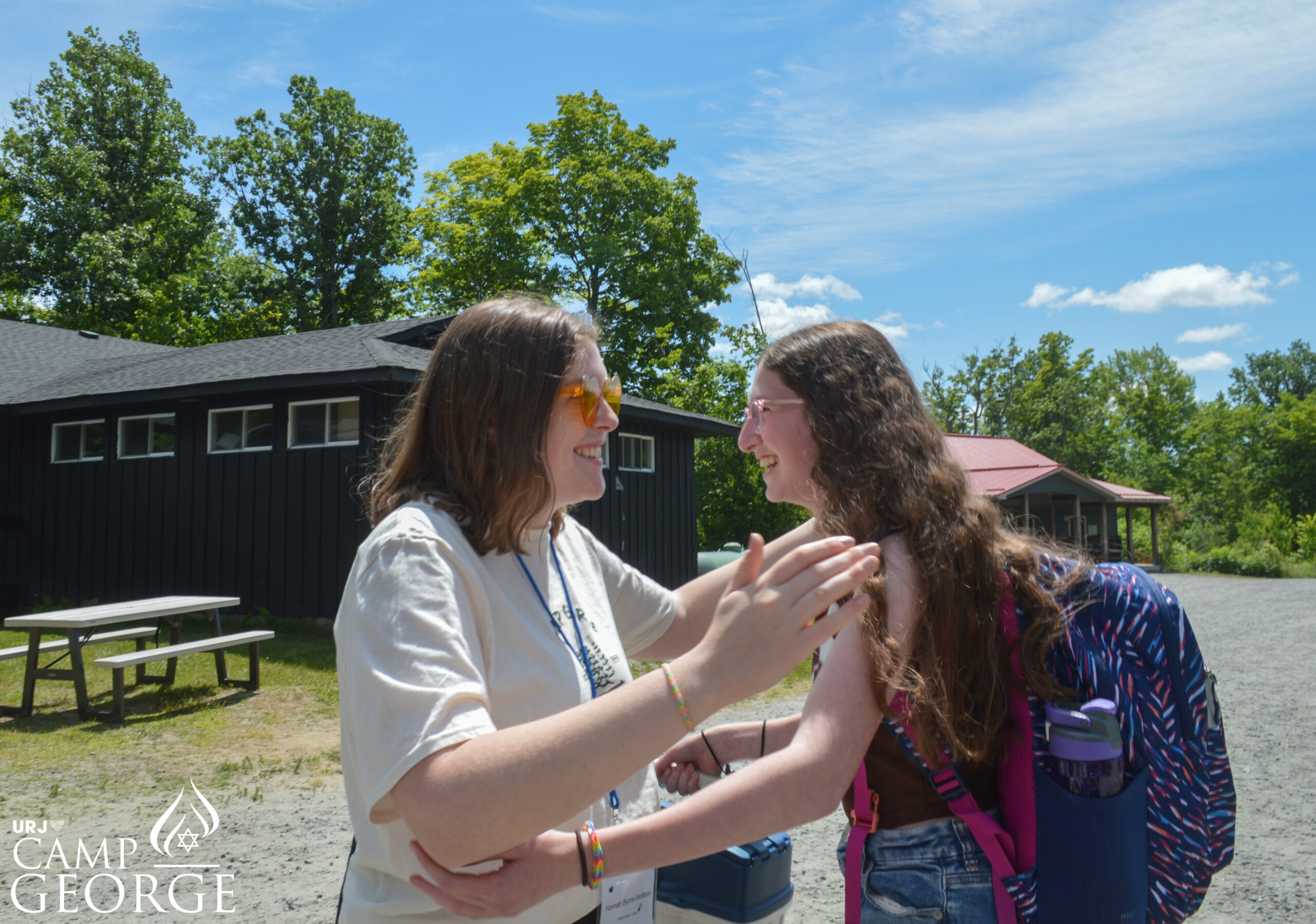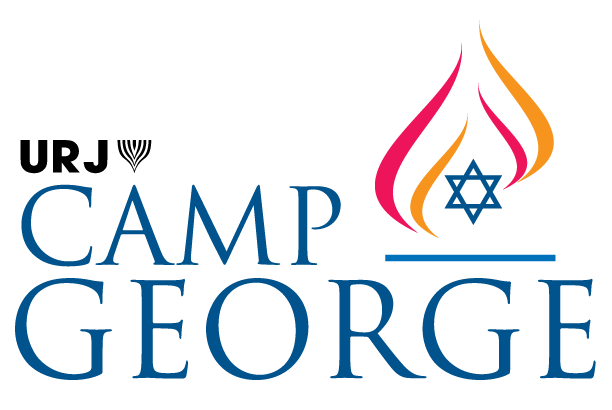Community Care at Camp George – A Culture of Care and Support
Camp George is committed to creating a safe and inclusive environment for all members of our community. We aim to ensure the physical and emotional safety of each individual, regardless of their background or orientation. As an inclusive community, we welcome campers and staff with diverse needs, provided that we can provide the necessary support for a successful camp experience.
Our main objective is to fully integrate each camper into our programs and activities. We work closely with families throughout the year and summer to ensure that every camper receives the support they require. We believe that proactive communication and planning are crucial to optimizing success at camp. Therefore, we encourage parents and guardians to have a pre-summer conversation with a member of our community care team. If a camper has identified challenges or needs that require accommodation, we aim to partner with parents in advance of the summer. This may involve a pre-summer discussion with the director or camp doctor. Accommodations during the summer may include daily quiet time, small schedule modifications, or phone or zoom sessions with a pre-existing therapist. Having this information beforehand allows us to set up each child for success.
Our community care team consists of professionals with expertise in education, counseling, guidance, social work, and special education. They work alongside our staff to provide additional support and counsel on various strategies for working with children. They are also involved in staff training and work closely with our medical team.
We recognize that residential summer camp presents challenges that may make participation untenable for some campers. We consider camper safety, the needs of the broader community, and available camp resources in determining suitability for camp. While we value the benefits of camp for young people, we acknowledge that camp staff primarily consists of young adults who are trained as summer counselors and not professional therapists. Therefore, we expect campers to handle greater independence than they may require at home or school. Our resources may be unable to accommodate a camper who cannot function in the vast majority of camp’s day-to-day programming and/or needs one-on-one support to navigate the basic day. Ultimately, the camp director, in consultation with the medical and community care team, will decide whether a camper may enroll or remain at camp.
If you have any concerns or questions regarding your child’s needs, we encourage you to reach out to us. We believe that parents are our partners and that the more information we have about each child, the better we can support them.
Homesickness:
At our camp, we believe it is crucial for campers to be enthusiastic about coming to camp and to have a say in the decision-making process. It is natural for campers to feel a bit homesick or sad, especially at the start of a session. However, we have found that for most campers, homesickness tends to lessen over time at camp, and we strive to see a positive improvement throughout their stay.
Parents can play a vital role in managing homesickness before camp by communicating to their child that they want them to have a great time and that it’s normal to experience mixed emotions. One effective way to prepare for camp is by having sleepovers, which can help campers practice being away from home.
Generally, we do not encourage campers to call home as it can increase homesickness and create anxiety. Our team is highly trained to support campers, and if there are any significant or ongoing issues, their unit head or a member from the community care team will reach out to you to discuss further.
Check out this guide: A Parent’s Guide To Crushing Camp: Managing Campers Worries About Camp
Mental Health care at Camp:
The majority of campers with mental health issues can be successfully supported at camp. Prior to camp, we strongly encourage parents to discuss any concerns with our Community Care team. This allows us to decide whether or not camp is a viable option for this summer, and if it is, it allows us to plan for each camper’s success and fully prepare our staff.
When the community care team determines that a camper will be unsafe in the least supervised circumstances, our resources will not allow them to stay at camp. Our kids live in a community atmosphere, and the camp is mostly staffed by young adults who have been trained as summer counsellors as opposed to professional therapists. The impact on the well-being of other campers in the cabin or edah (unit) will also be evaluated before and during the summer. Significant behavioural or mental health changes or incidents at camp may indicate that we are no longer able to meet the camper’s needs. Finally, the camp director will decide whether a camper may enroll in consultation with the medical, unit head, and community care team.
Confidentiality
Camp asks families to share personal and confidential information with us so that we may ensure the health and safety of campers and support them throughout the summer. That information then gets shared with their counselors to help set them up for success in taking care of them. All staff must understand that all information is shared with them as part of their employment and for the purpose of providing the best experience for campers. The expectation is that this information will be protected and respected. It is privileged and confidential and as such, is not to be shared in any social context. If counselors share privileged and confidential information with others (friends, family members, other campers) for whom it was not intended, it could result in the termination of the staff responsible.

